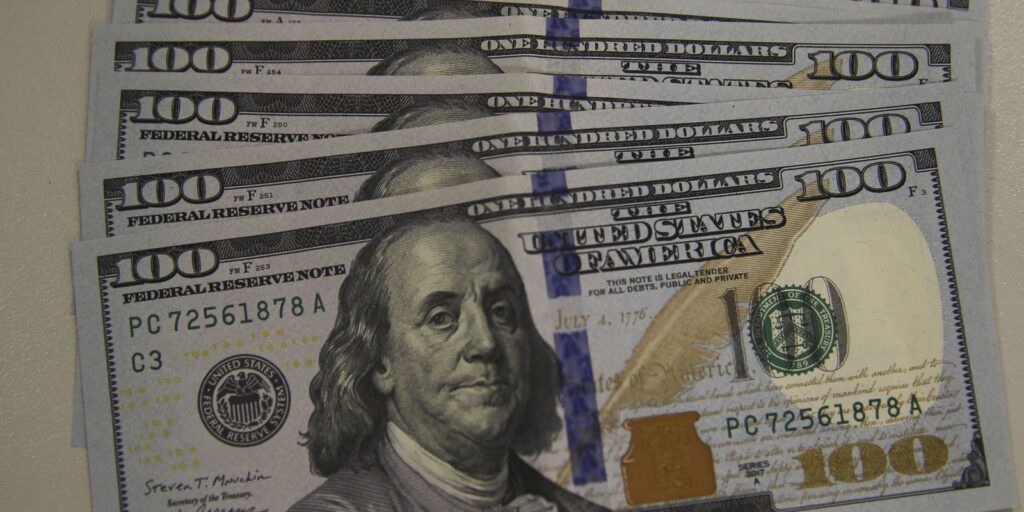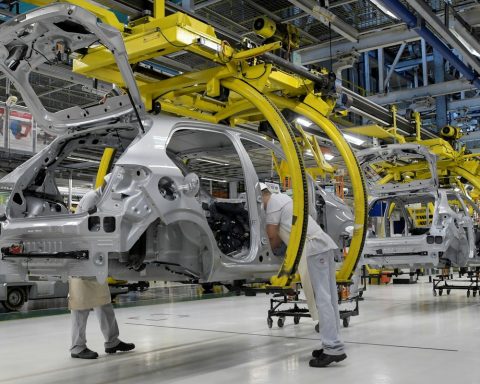Healthy taxes are an issue that has been gaining strength in the world in recent years, both for public health and collection, and Colombia is no exception, because in the next tax reform that the Gustavo Petro government will presenttaxes on sugary drinks, and also on foods with high levels of processing, will be part of the proposals.
(Yes, there will be a tax on sugary drinks and ultra-processed foods).
“We are going to include taxes on sugary drinks and ultra-processed foods. Not necessarily for a tax revenue issue, but to improve eating patterns. In fact, if these taxes are effective, the collections tend to decrease when people change their consumption patterns”, In an interview with Portafolio, the appointed Minister of Finance, José Antonio Ocampo, assured.
And precisely, in the Report of the Commission of Experts on Tax Benefits, published in 2021, these taxes appear as one of the suggestions, and it is established that “a successful tax reform” requires, between its points, “an increase in taxes on goods that are harmful to the health of citizens (example: tobacco, alcohol and sugar) and the environment (example: fossil fuels)”.
(Tax on soft drinks would affect 5 times more households with less income).
But the issue has generated a whole debate in recent days, due to the implications it could have on the pockets of households, and in the industry.
“This has been talked about for a long time in Colombia, and there is a lot of evidence in the world of the positive implications of the tax on ultra-processed sweetened beverages. This is not a prepared juice or something like that, these are industrialized beverages, and we speak of sweetened beverages because the proposal for Colombia is to include both caloric and non-caloric beverages. This rate discourages consumption, and in particular, that of the most vulnerable people, and children and adolescents”assures Carolina Piñeros Ospina, executive director of Red PaPaz.
From the Faculty of Economics of the U. de los Andes, this is also one of the proposals recently presented by researchers Leopoldo Fergusson and Marc Hofstetter in the document ‘Taxes in Colombia: What, how, how much and when to reform them?’.
“We propose that, following the practice of many countries and the accumulated experience, the tax is increased in the amounts of sugar (sodium, etc.) but that the payment is not in the hands of the trade but of the producing industry. That can make the incentives to produce healthy alternatives more direct”, indicate.
Teachers also point out that raising the tax in this way has the advantage that citizens perceive that this tax is the responsibility of the producer, not the consumer, and that can reduce opposition to collection.
THE INDUSTRY
In Colombia there are 39,985 companies dedicated to the food industry according to figures from Confecármaras, and according to the National Association of Entrepreneurs of Colombia (Andi), 99.13% are micro, small and medium enterprises, and generate around 284,639 formal jobs.
“As a union, we believe that before promoting prohibitions through regulations or new obligations, a culture of responsible consumption should be promoted, under the premise of recognition and respect for individual constitutional freedoms, and the free development of the personality”, points out Acopi, the guild that brings together SMEs in the country.
(Is the soda a product of the family basket? The Dane responds).
Portafolio consulted on the subject with Andi and Fenalco, as representatives of the businessmen, but they declined to give their opinion on the matter.
A RELATIVE BENEFIT
The debate about the relevance of these taxes and their incidence in Colombia has several edges. Luis Jorge Garay and Jorge Enrique Espitia, researchers at the Fiscal Policy Thought Center of the National University, assure that there are several effects.
First, they point out that “From the World Health Organization (WHO) general guidelines have been proposed to implement an effective tax on sugary drinks”, but that when implementing them, the social, cultural, political, economic and institutional particularities of the nations must be considered.
Experts say that it is also necessary to delve into “Changes in the price of substitute goods, in such a way that the consumption behavior of households is changed, especially for the conglomerate of poor, vulnerable households and those of the middle class that have a monthly income between 1 and 2 salaries minima”.
Garay and Espitia also point out that the price increase should be approximately 25% to “have the desired results in consumption and health”, and that if so, the potential collection of the tax would be approximately $1.3 billion per year.
Recently, the director of the National Administrative Department of Statistics (Dane), Juan Daniel Oviedo, mentioned in national media that in these the relative weight of this type of products in their basic basket is higher.
Likewise, Camilo Herrera, director of the firm Raddar, ensures that a tax on sugary drinks and ultra-processed foods does not necessarily reduce their consumption.
Herrera assures that, “These measures, in principle, reduce consumption, but the volumes recover after a while, since many of these drinks are part of the family basket, due to custom, and the daily life of households”.
LAURA LUCIA BECERRA ELEJALDE
Twitter: @LauraB_Elejalde

















